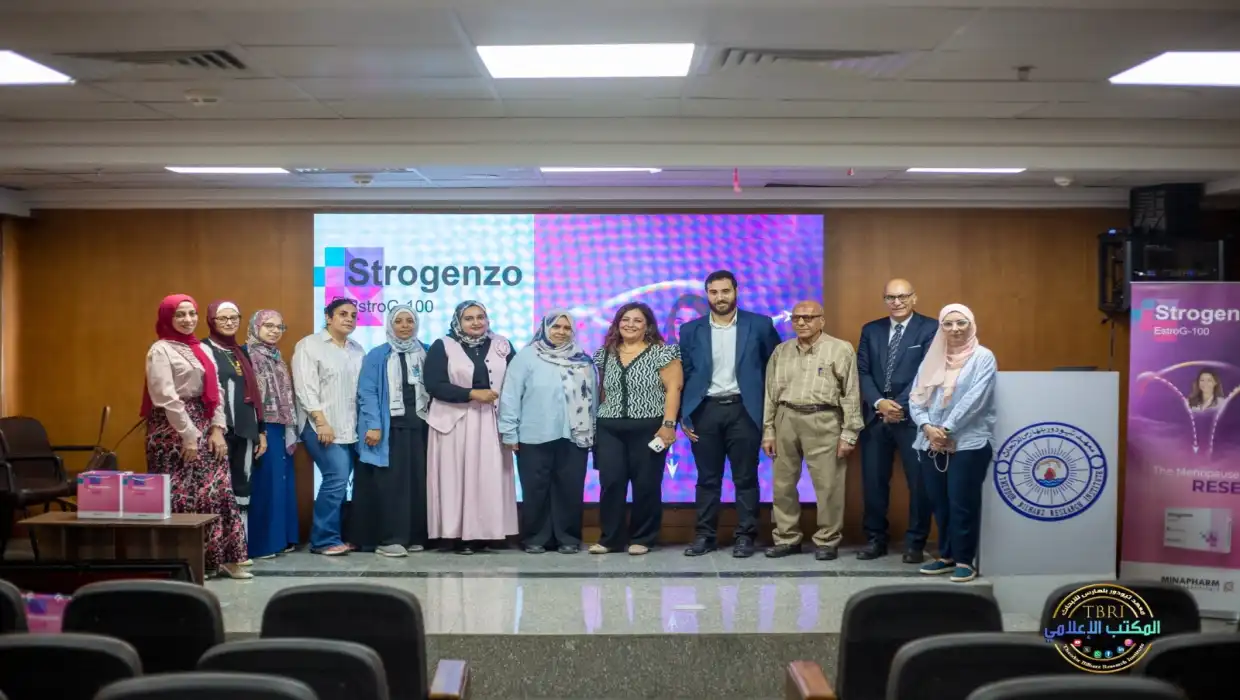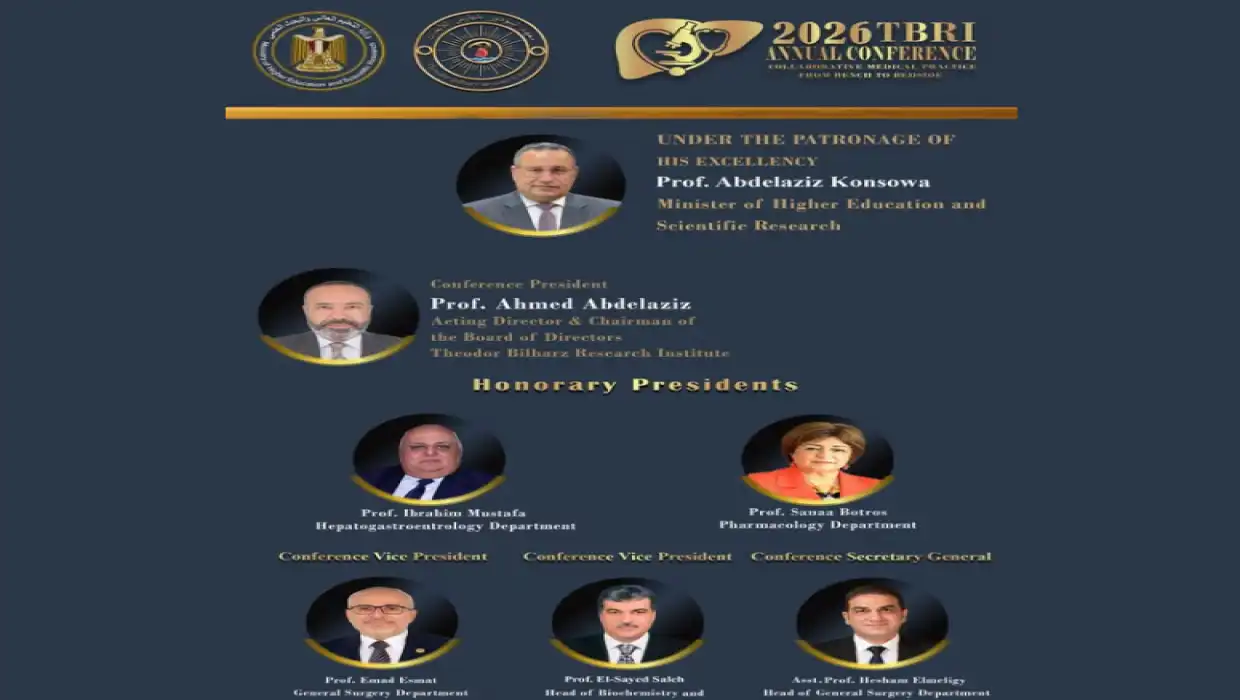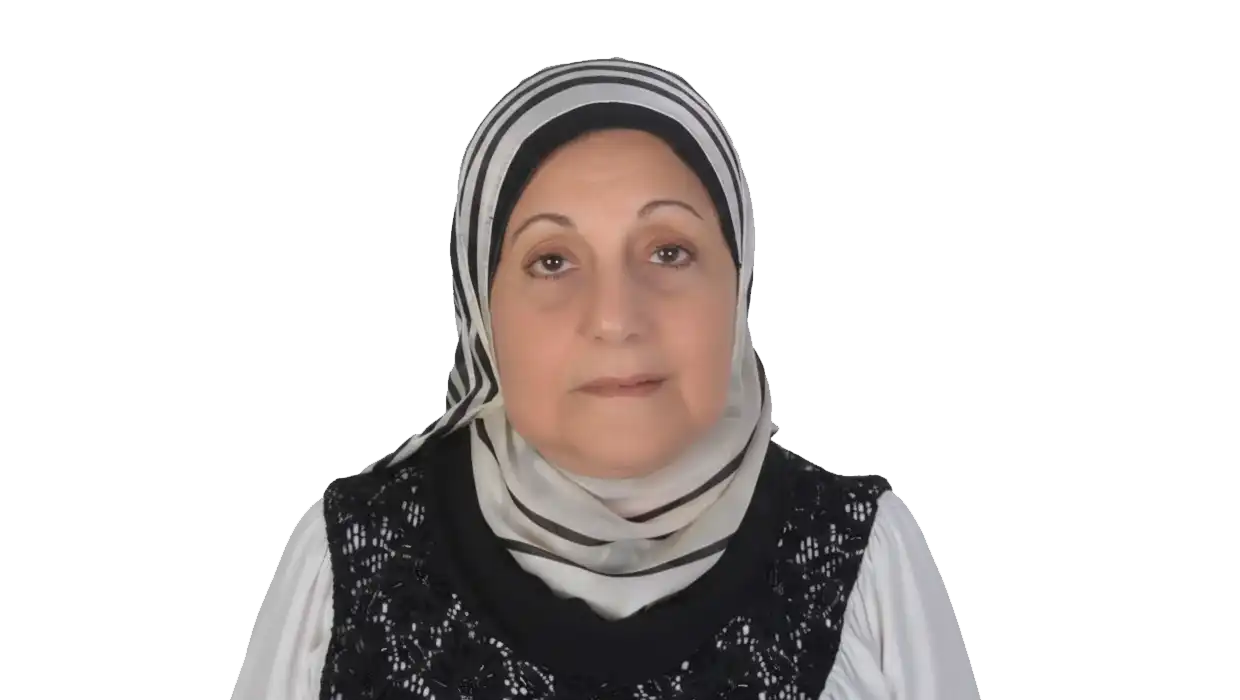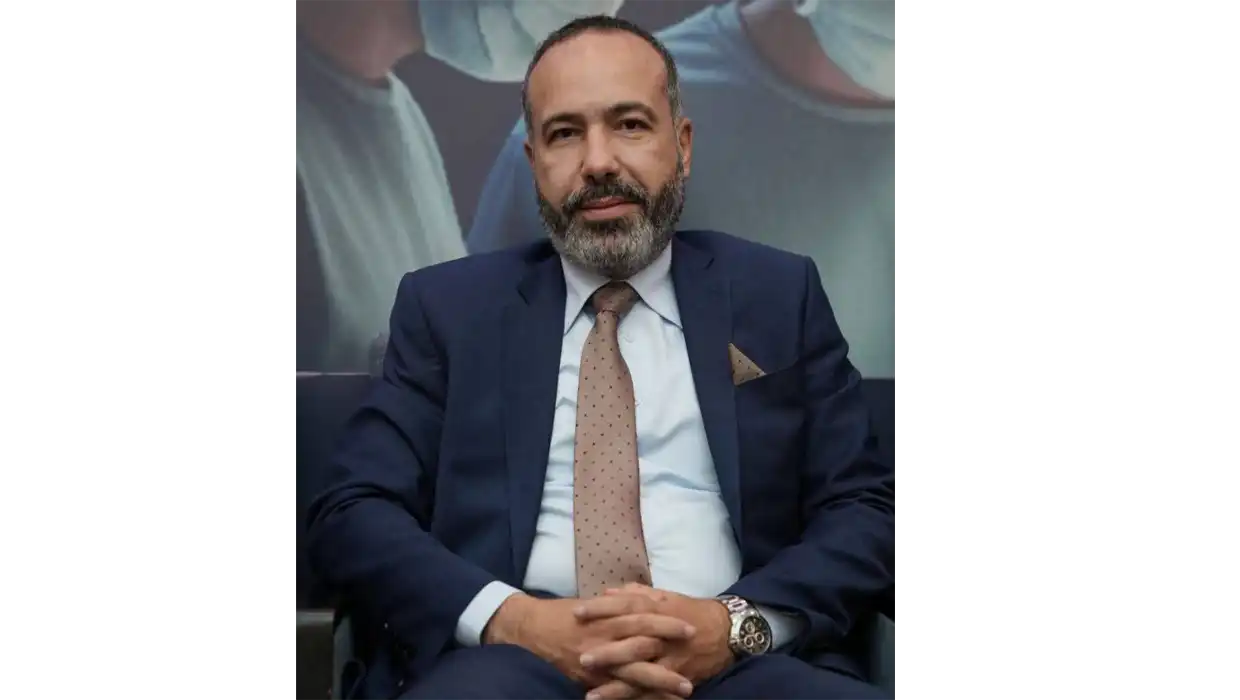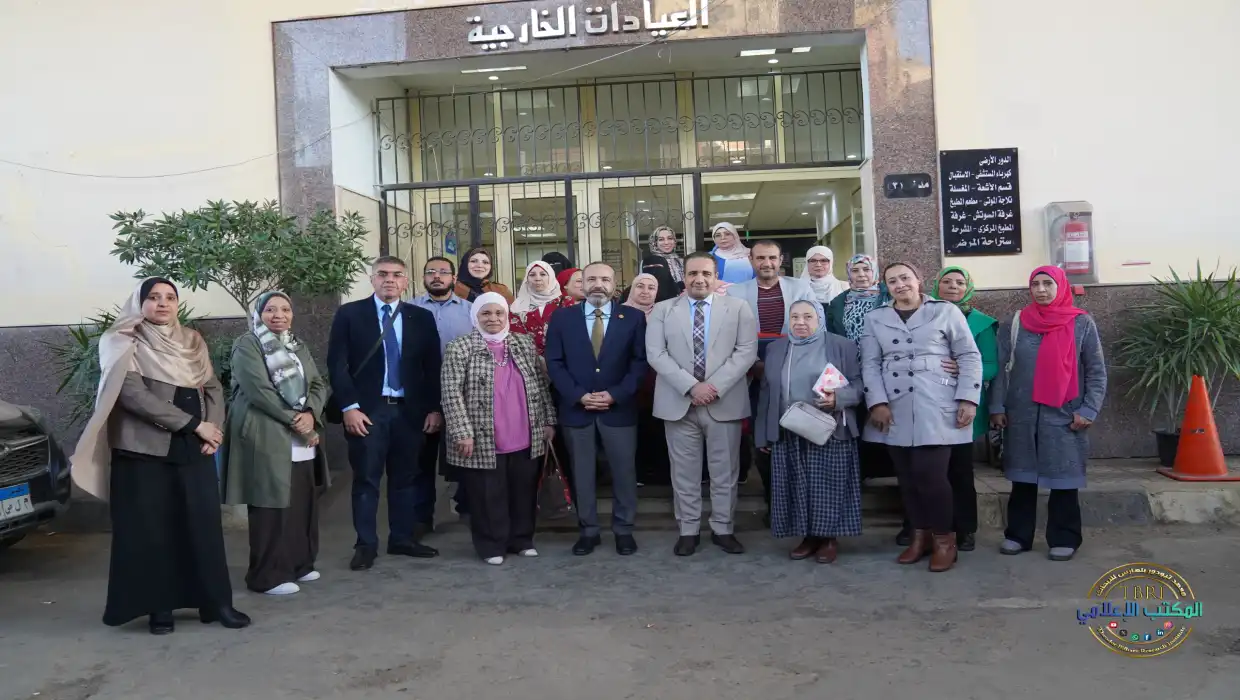Dr. Ehab Hafez, Researcher at Theodor Bilharz Research Institute, Contributes to Global Breakthrough in Supercooling Technology for Liver Preservation and Transplant Extension
Dr. Ehab Hafez, a pathologist at Theodor Bilharz Research Institute and a member of the Emerging Leaders Program of the International Society of Nephrology, participated as part of an international team led by Harvard University and Massachusetts General Hospital in developing a revolutionary technique for preserving human livers using supercooling at -4°C without freezing. This advancement has extended the viable preservation time of livers outside the body to approximately 44 hours, compared to the traditional limit of no more than 12 hours—marking a significant milestone in the field of organ transplantation. The research has been published in the prestigious journal Nature Biotechnology.
Hafez emphasized that this innovative technique opens new horizons for expanding access to organ transplantation by allowing more time for the transport and preparation of donor organs and recipients. It also reduces time pressure on medical teams and enables better tissue matching.
He explained that the technique is based on the principle of supercooling without freezing, in which the liver is preserved at -4°C using an advanced solution of cell-protective agents, along with precise techniques for cooling, warming, and automated perfusion.
Despite the relatively large size of the human liver compared to animal livers used in previous experiments, the research team was able to overcome the challenge of ice crystal formation within tissues—a key obstacle that had previously hindered the application of this concept to human organs.
Hafez also noted that the study confirmed that human livers preserved using supercooling retained full functional viability, including bile production, oxygen uptake, stable liver enzyme levels, and no signs of necrosis or increased programmed cell death. Three of these livers were tested under simulated transplant conditions using blood perfusion at body temperature, all of which showed promising clinical indicators for future use.
He further highlighted his pivotal role in the project, which included analyzing and documenting liver tissues before and after preservation using detailed histological examinations. These tests confirmed the absence of tissue damage or increased cell death, thereby reinforcing the study’s credibility and the preserved livers’ integrity.
Prof. Ahmed Abdel Aziz, Director of Theodor Bilharz Research Institute, congratulated Dr. Ehab Hafez on this important scientific achievement. He emphasized the significance of such research in advancing the medical sector in general—and organ transplantation programs in particular—by providing more time for organ transport and matching between donors and patients.





